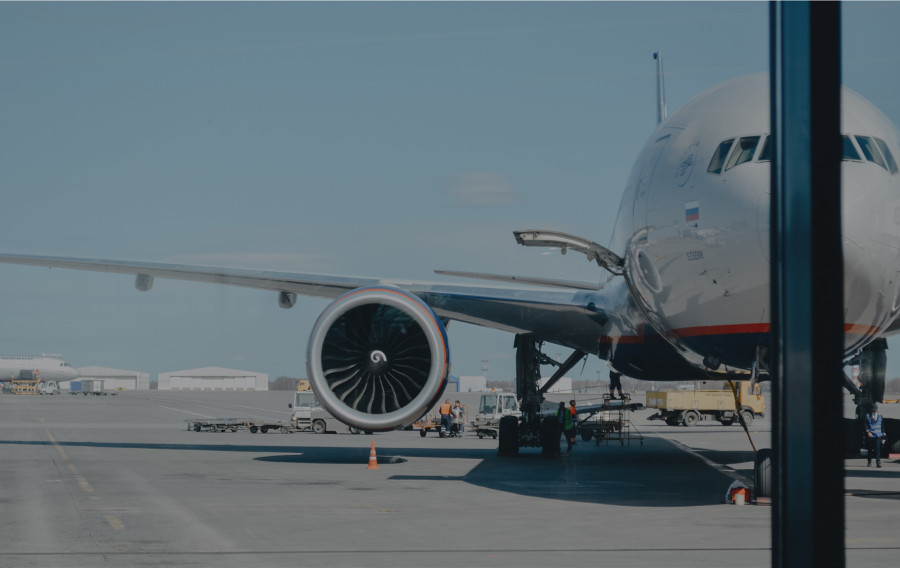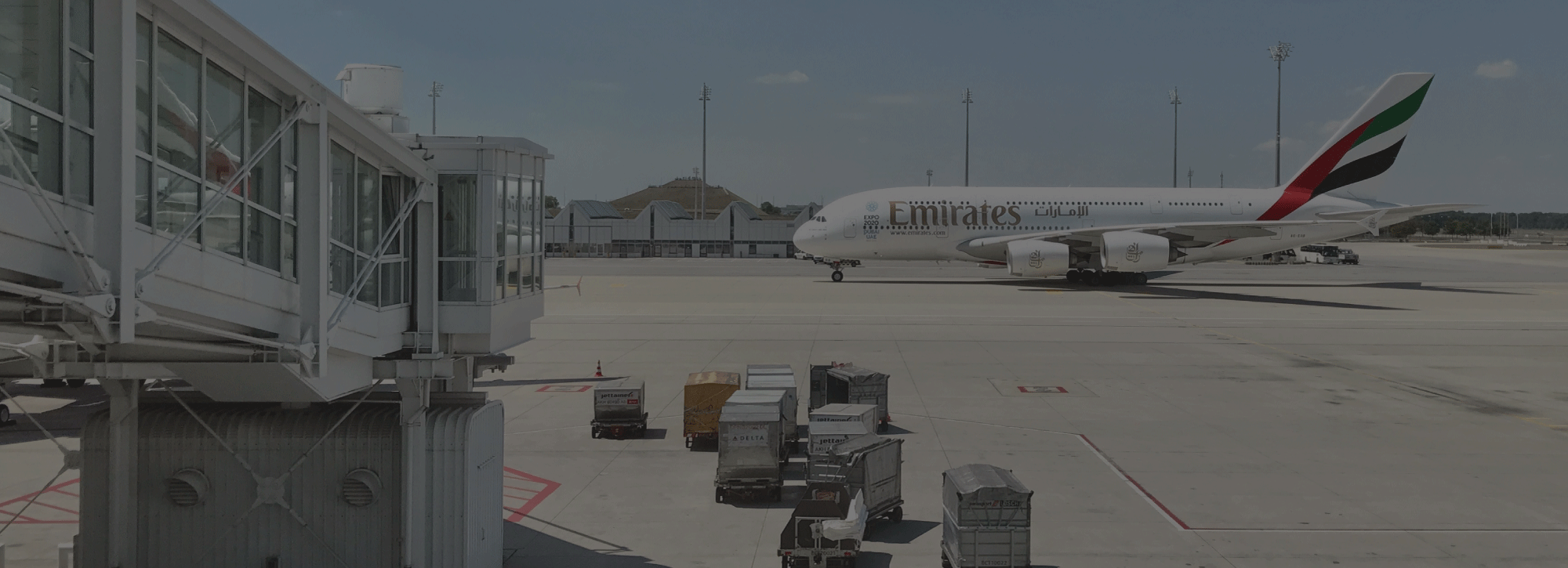
International Aviation Law: The Essential Guide
uspglobalThe University of South Pacific International Commercial Aviation course has been developed for aviation professionals who are currently working in the aviation and associated industries and for students seeking a career in the aviation industry. This course complements the training and educational requirements for pilots, aircraft engineers, air traffic controllers, safety regulators, government employees, commercial managers, airport operators in terms of their workplace duties and associated legal and regulatory responsibilities. Students undertaking aviation-related studies would also benefit from this course as it presents all the areas of the law that impinge upon aviation activities.
 Length: Length: |
6 weeks | |
 Effort: Effort: |
3 - 4 hours per week | |
 Cost: Cost: |
Free | |
 Level: Level: |
Beginner | |
 Assessment: Assessment: |
Yes | |
 College: College: |
School of Law |
About This Course
This module provides an overview of how civil aviation is regulated by describing international conventions, in particular the Chicago Convention 1944 and international bodies, such as the International Civil Aviation Organisation (ICAO), which have established international recognised standards. The module will also look at the various regulatory authorities in terms of their areas of responsibility. The various areas examined include:

The authorities responsible for air safety

The providers of aviation services and those responsible for the regulation of competition in the State's aviation industry

The liberalisation of international aviation markets will also be examined

An account of how ICAO Standards and Recommended Practices (SARPs) are developed and implemented internationally

Understanding how the environment is protected from the adverse effects and operations of aircraft.

Identify the difference between multilateral and bilateral air services agreements.
Industry-backed Learning Outcomes

Describe the way in which commercial aviation is regulated;

Explain the importance of international aviation conventions;

Discuss why ICAO was established;

Describe the development and implementation of SARPs; and

Identify the difference between multilateral and bilateral air services agreements.
Your Learning Outcome
![]() Certificate upon completion of your studies
Certificate upon completion of your studies

USP Global is an initiative of The University of the South Pacific through which programs in areas of particular strength of the University offered online are accessible to a global audience. These comprise a growing number of courses in areas such as Pacific Island Studies, Oceanography and Climate Science.
